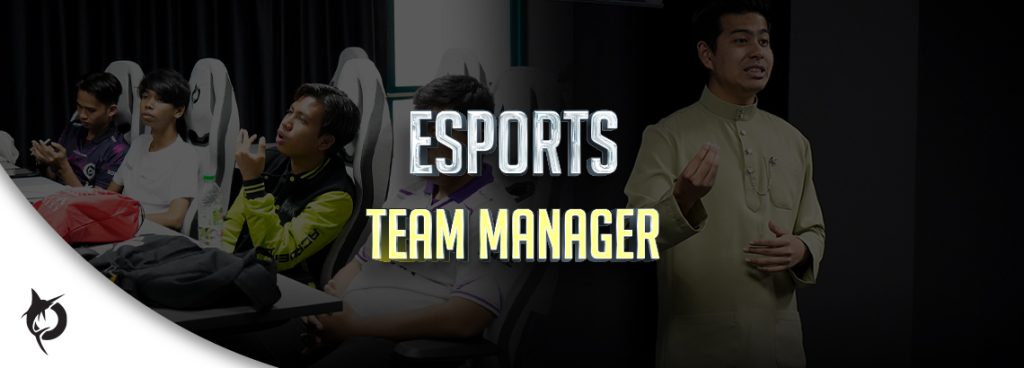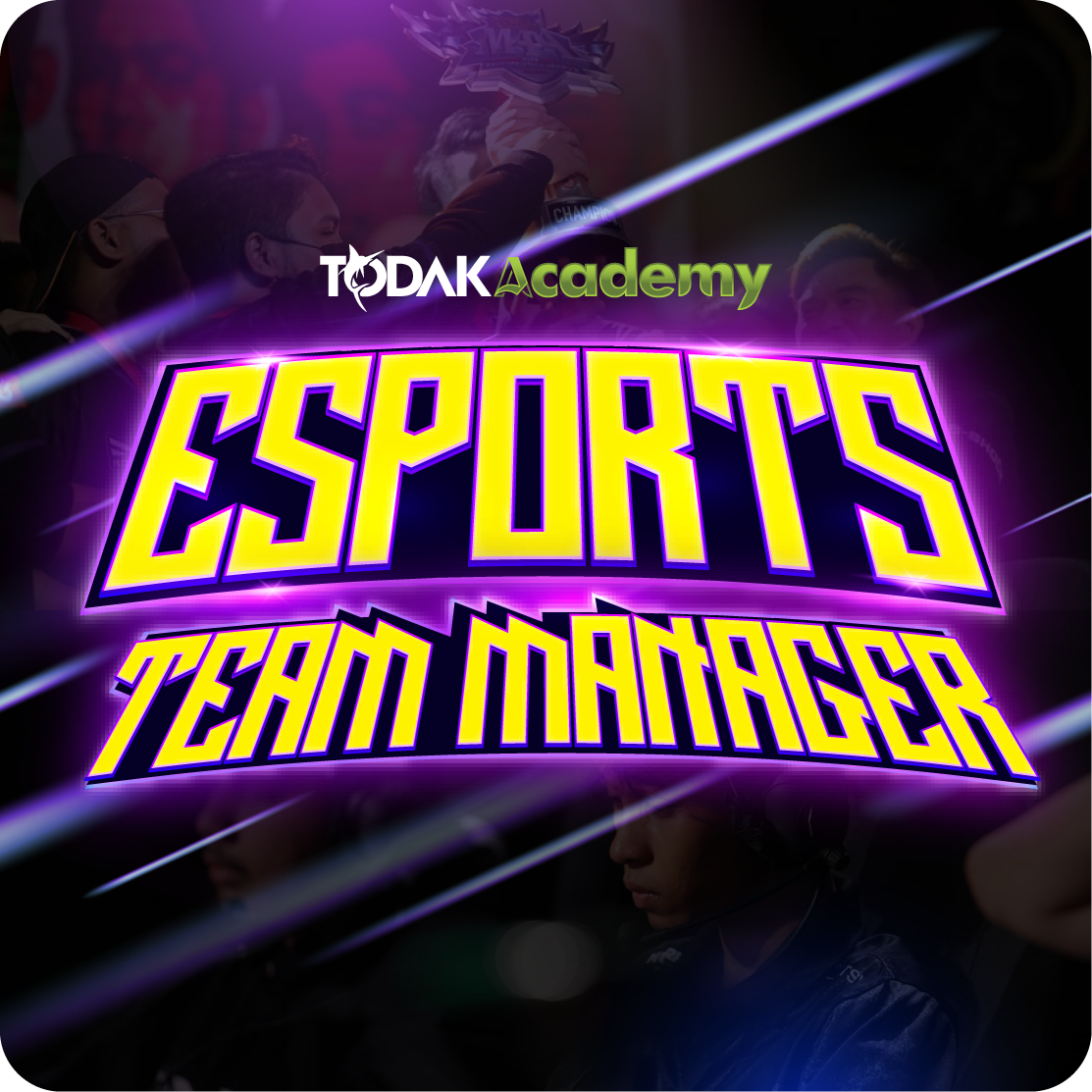The program prepares participants for team operations management, equipping them to handle the day-to-day logistics of an esports team, provides skills in strategic planning to execute successful team strategies, and focuses on player development to manage performance and well-being for optimal tournament results.




